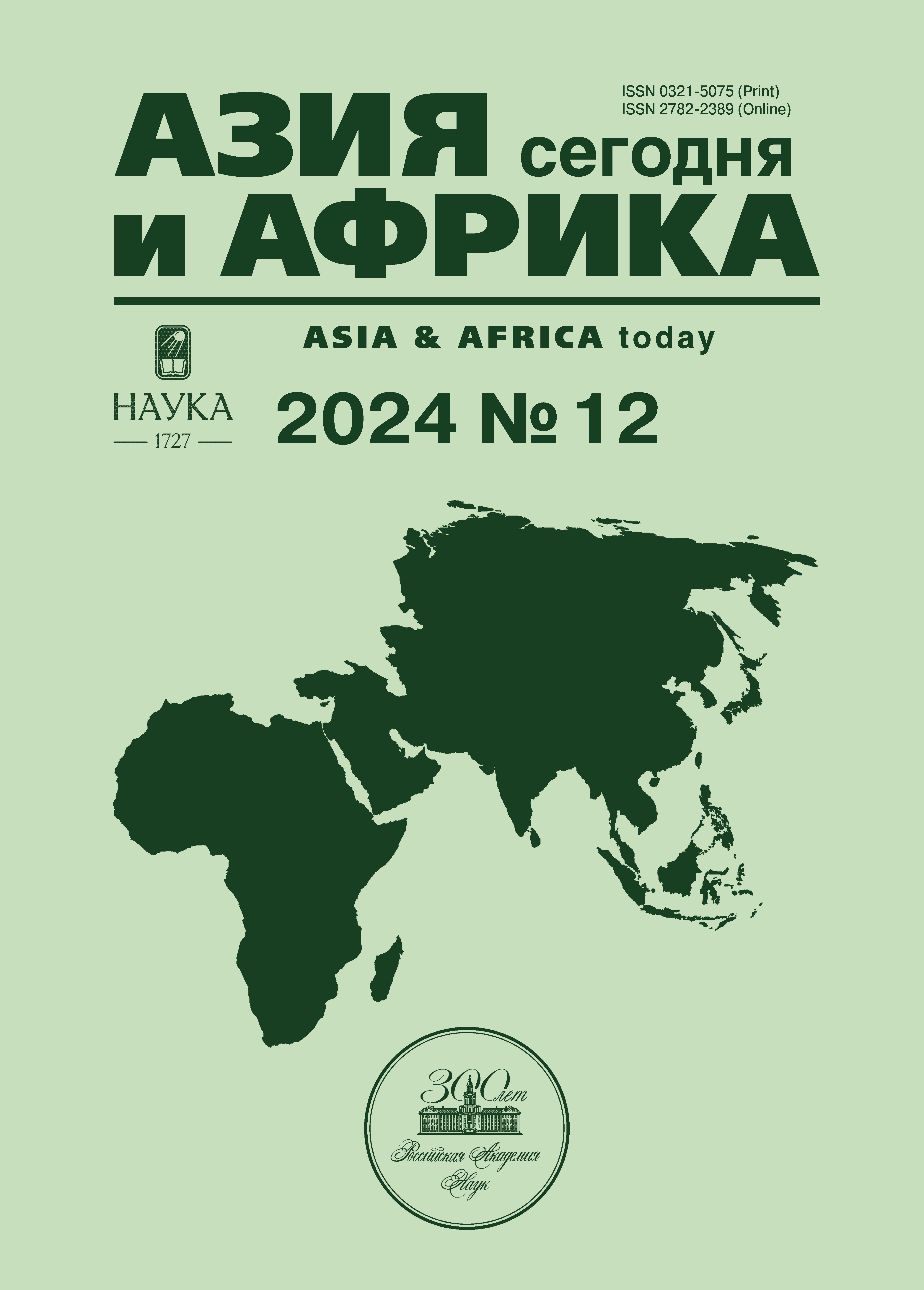详细
Throughout the period of independent development of African nations, the peoples inhabiting them have been experiencing recurring political and socio-economic cataclysms, among which the problem of water scarcity has been gaining in prominence in recent decades. Despite the fact that Africa, especially the Congo River basin, possesses abundant water resources including full-flowing rivers, lakes, wetlands and groundwater, due to the lack of proper management and the shortage of qualified personnel and funds to develop adequate water intake and distribution infrastructure, the issue of providing the population with drinking water has become a major issue in almost all countries of the continent, including the Democratic Republic of the Congo, 98% of whose territory is located in this basin, which ranks second in the world in terms of the volume of discharge after the Amazon. The present article provides a description of the hydrological features of the Congo River basin and discusses the causes of the water shortages observed in the DRC, which have a negative impact on the development of not only the country’s economy and the provision of public services, but also on the health of the population. It is also noted that, unlike other regions of the continent, in the Congo basin there are no conflicts over access to water resources between the riparian states and, moreover, there is a permanent consensus among them on the issues of water use and recognition of the leading role of the DRC in their resolution.









